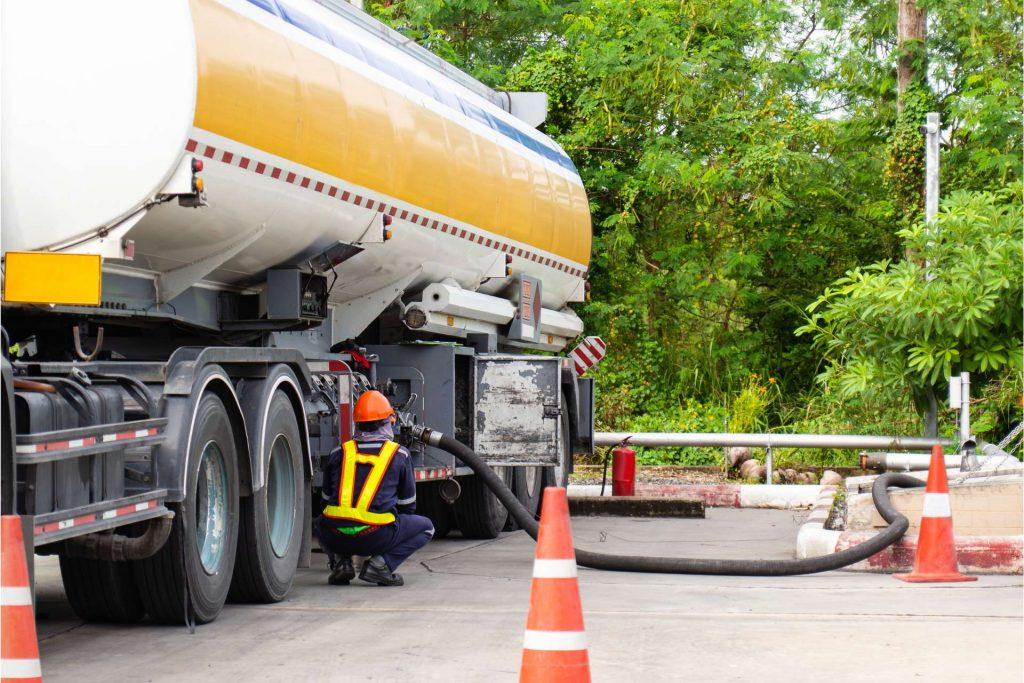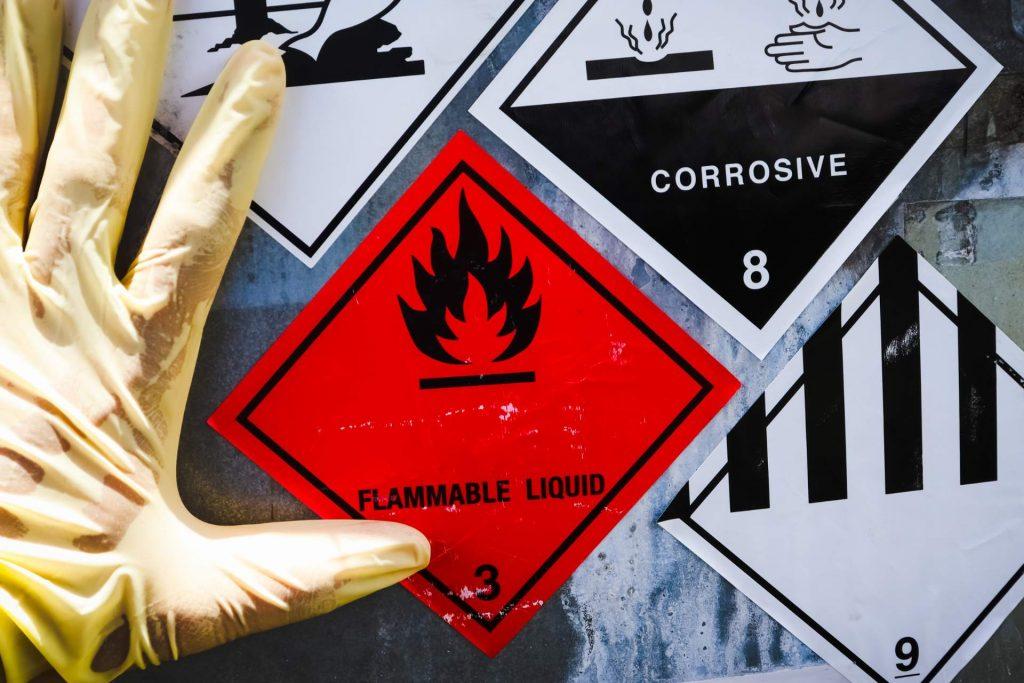18th May 2016
Fire Risk Assessments: what you need to do
The Regulatory Reform (Fire Safety) Order 2005 requires virtually all UK workplaces to undertake a Fire Risk Assessment (FRA).
Statute stipulates a ‘responsible person’ is required to ensure an FRA has been undertaken. This will usually be the employer or person who has control of the premises (landlord, managing agent etc.). It is therefore their duty to employ a ‘competent person’ to undertake the FRA, or to display their own competence if they choose to complete the FRA themselves.
The FRA should be suitable and sufficient for the premises and the type of works undertaken there. Legislation also stipulates that a ‘competent person‘ needs to be identified and appointed to ensure that fire precautions laid out in the FRA are correctly managed and maintained at the premises in question.
As mentioned above, the ‘responsible person’ may choose to complete an FRA themselves if they can be deemed ‘competent’. This may be true of smaller, simpler premises such as offices and retail units.
Similarly, the ‘responsible person’ may choose to delegate responsibility for devising the FRA to an employee whom they deem ‘competent’. Again, it would be important in this instance for the employee to understand fire safety best practise, and to be able to prove that knowledge if placed under scrutiny.
One element of ‘competency’ would be recognising when your own knowledge and understanding is insufficient for the task at hand, and so if this situation were to be reached by a ‘responsible person’, it would then be useful for them to seek further advice from published guidance documentation, or a consultant who is an expert in the field.
Choosing the correct consultant can be a minefield as it is important to ensure that the individual or business appointed can demonstrate evidence of knowledge and experience in devising FRAs for the relevant building type and industry.
By not following these guidelines, ‘responsible persons’ leave themselves and their businesses open to prosecution if scrutinised by any enforcing authority.



